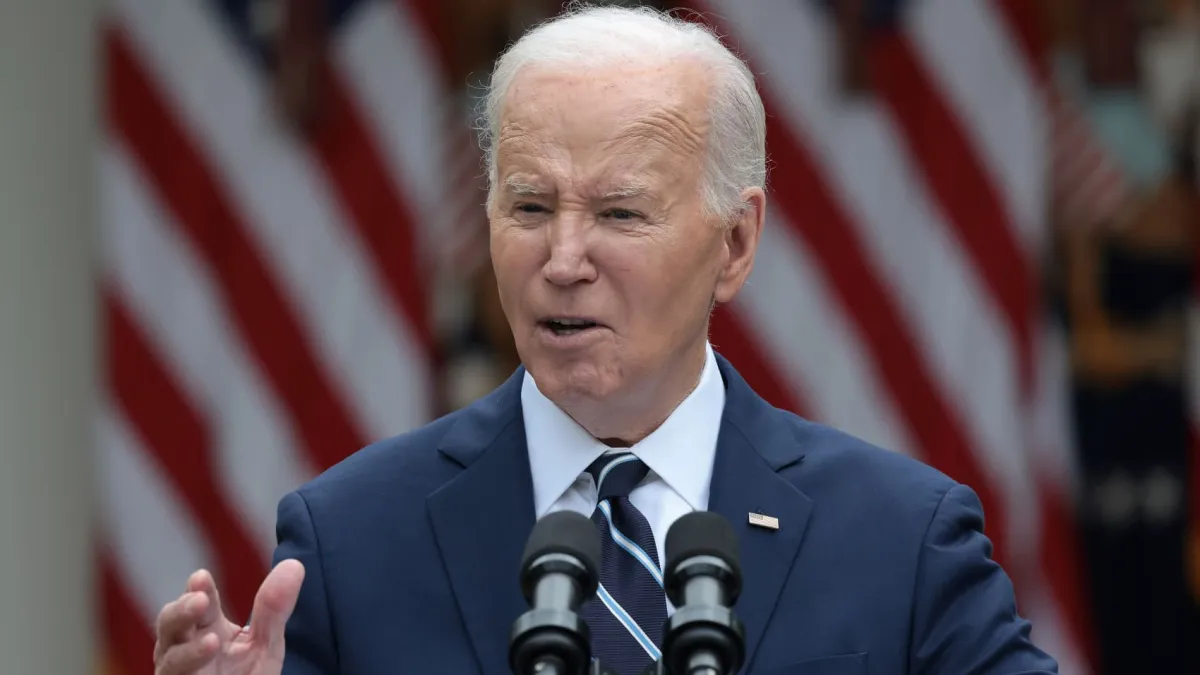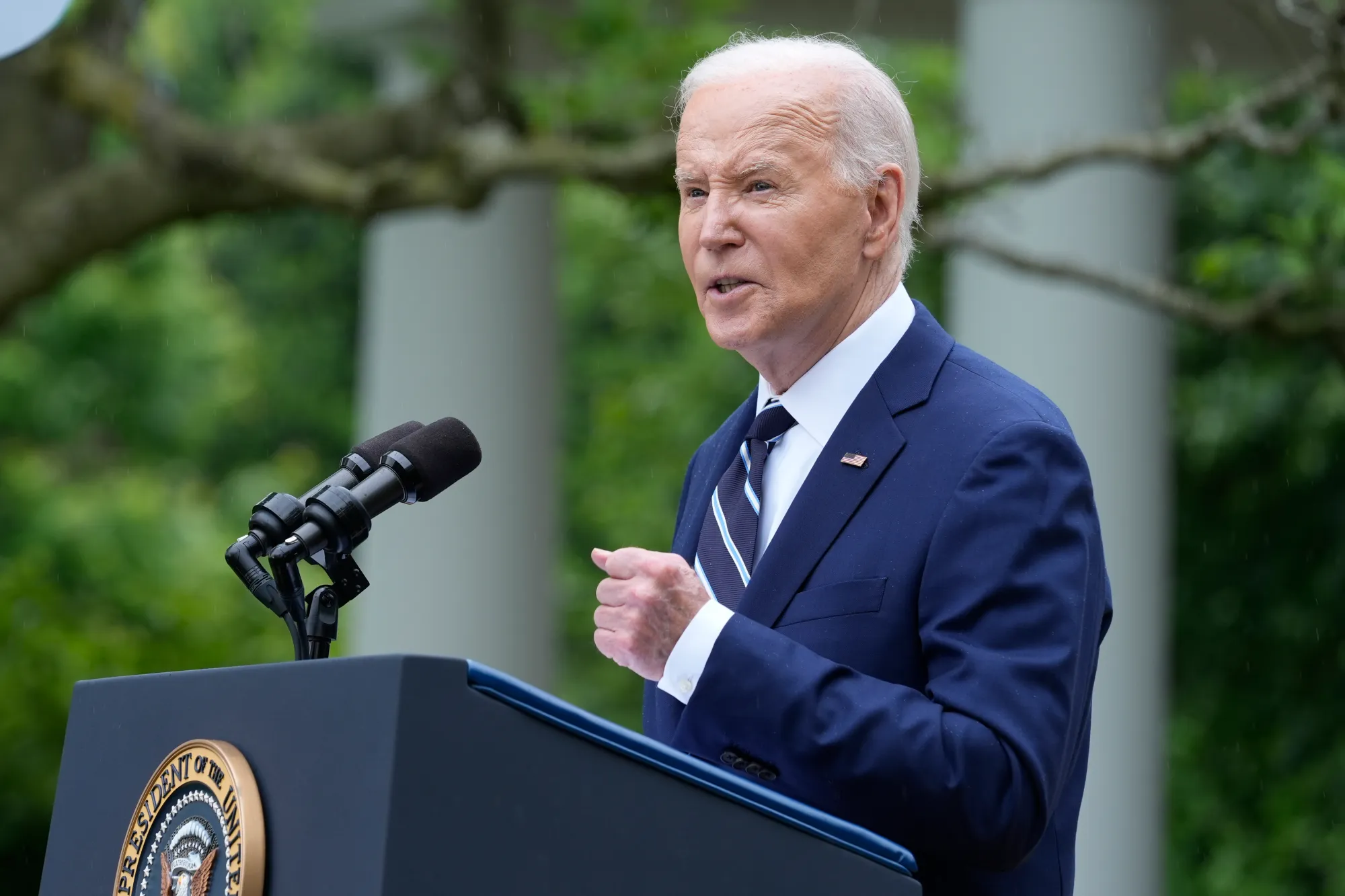Earlier this week, the United States put big new taxes on things made in China, especially electric cars. The Biden Administration made electric cars from China cost twice as much, and raised taxes on other things, too, totaling $18 billion in Chinese goods. Now, China is responding, but not as strongly as people thought.
China didn’t like what the White House did, and said they would take “strong measures.” But it’s not like when they reacted to tariffs in 2018 under Trump, which led to a trade war. This time, the Biden team told China what they might do beforehand, and the taxes mostly affect things like electric cars and batteries, where the damage to China’s economy is small and their companies are strong.
Chinese news media hit back at the United States, saying the U.S. is not sticking to its own rules of fair trade, and that these taxes will hurt the environment and raise prices for Americans. Basically, they’re saying, “You’re hurting yourself.”
This is different from 2018, when a Chinese negotiator said the U.S. was putting “a knife to China’s neck,” and China talked about boycotting American food or selling off U.S. bonds.
China’s Commerce Ministry said the White House broke an agreement to keep things stable that China’s President Xi Jinping and U.S. President Joe Biden made last year.
China’s electric car industry is much bigger now than in 2018, selling about 7.2 million cars per year compared to 800,000 back then. They’ve also become the world’s biggest car exporter, sending cars to places like Southeast Asia and Europe. So, they can handle these taxes better now.
Even though the U.S. put big sanctions on Huawei in 2019, Huawei has recovered. They’re making lots of computer chips in China now and are challenging Apple in the smartphone business and Tesla in electric cars.

China knew these taxes were coming. When U.S. Treasury Secretary Janet Yellen visited China, she and others said China making too many electric cars, solar panels, and batteries could hurt American jobs and businesses.
But China says their electric car companies are successful because they’re good at inventing things and managing supply chains, not because of government help.
The U.S. buys $427 billion worth of stuff from China every year, but only sells $148 billion back, making a big trade gap. This has been a problem for a long time and is a big deal in Washington.
We don’t know what will happen with these taxes yet. A lot depends on who wins the November Presidential Election.

